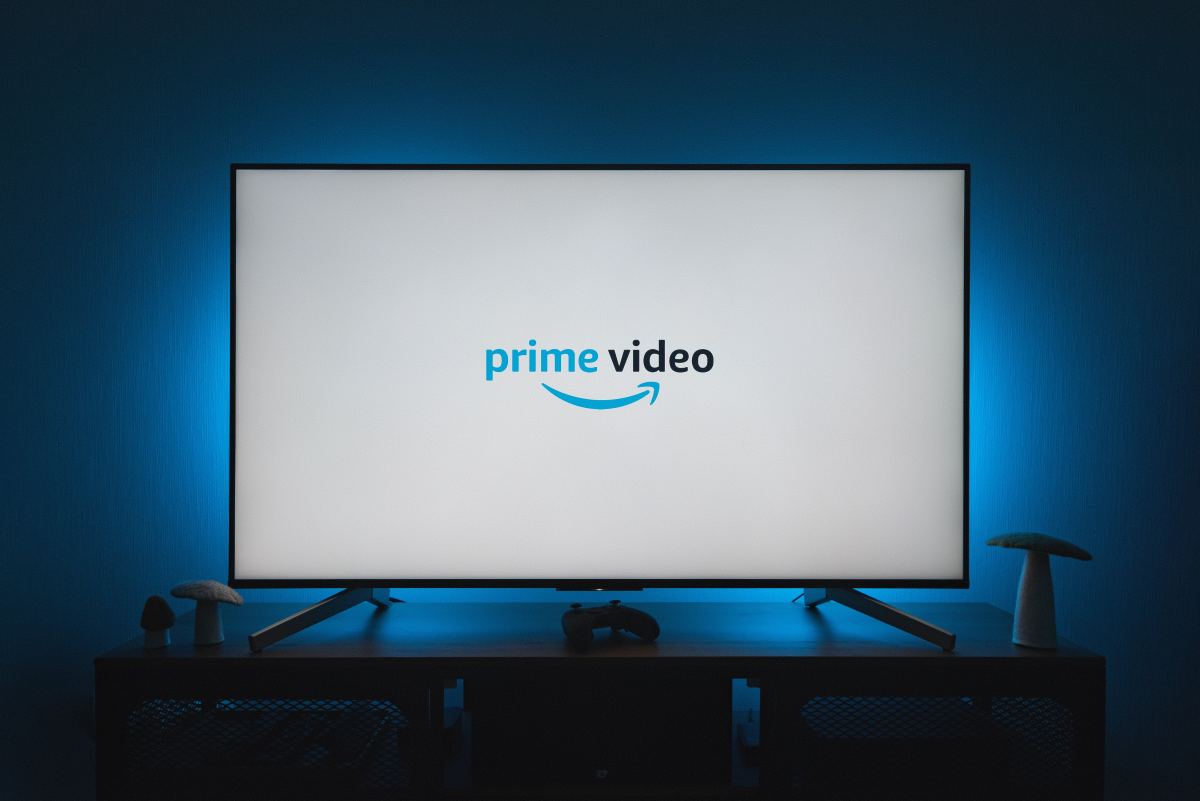3 Myths About SEO

3 Myths About SEO
People have been using search engine optimization for many years. The reason it has gained so much popularity is due to the speed with which the internet has been growing and the degree to which search engines are
advancing. Getting ranked by the search engines is a science which is known as SEO and it has evolved greatly over the past few years. It is important that you are aware of all the misinformation that appears whenever anything gains such large proportions. The majority of the stories floating around about SEO may seem quite forbidding and real, however, they are simply stories. We will be debunking some of these myths in this article.
The idea that you need to register your URL with the search engines is one of these myths that is quite common. Search engines are evolving more and more as the internet continues to grow at an astounding rate. The result is that if you want your site's address to show up in the search engines you no longer need to submit it manually. Search engine spiders crawl sites constantly so the speediest way to have your site indexed is to have a link back to your site from a few Web 2.0 properties or popular forums that are constantly visited by spiders. One
other reason you shouldn't be registering your websites address with the search engines manually is because then the process of getting indexed and ranking can end up taking a lot longer. Thus, registering your web address on authority sites is your best option to make sure your site gets indexed quickly.
Another common misconception is that search engine optimization is about
tricking the search engines into ranking you. But if your aim is to fool the search engines, then you're indirectly trying to fool the target market that you want to get traffic from. The problem with getting traffic that has found your site after being tricked is that it won't convert very well. What SEO really involves is not tricking the search engines but providing them with the kind of quality backlinks and
optimized content that they like.
You can use certain techniques to speed up the process, but they have to
grounded in a sound strategy. You should be looking at the long term, not trying to get fast and temporary results.
The amount of content you need on your site is the source of another myth. People think that they need a minimum number of words on their site to help boost their rank. But there is no real optimal number that you should use as far as your content goes. The desire to use keywords more effectively gave rise to the idea that your site would need a minimum number of words. Base your content needs on quality information and not length as a short version can be just as effective.
A short copy can be used as effectively as a longer version. It serves no good purpose to get a high ranking if you sacrifice site content to get it. When writing content, use your judgment on how long is long enough.
Search engine optimization is something that will take you some time to get good at. There will be times when you get confused and don't really know how what to do, just refer to the best sources you can find and start applying what you learn. You don't have to be perfect, as everyone
makes mistakes, but you can become skilled enough to get highly ranked for your sites.









